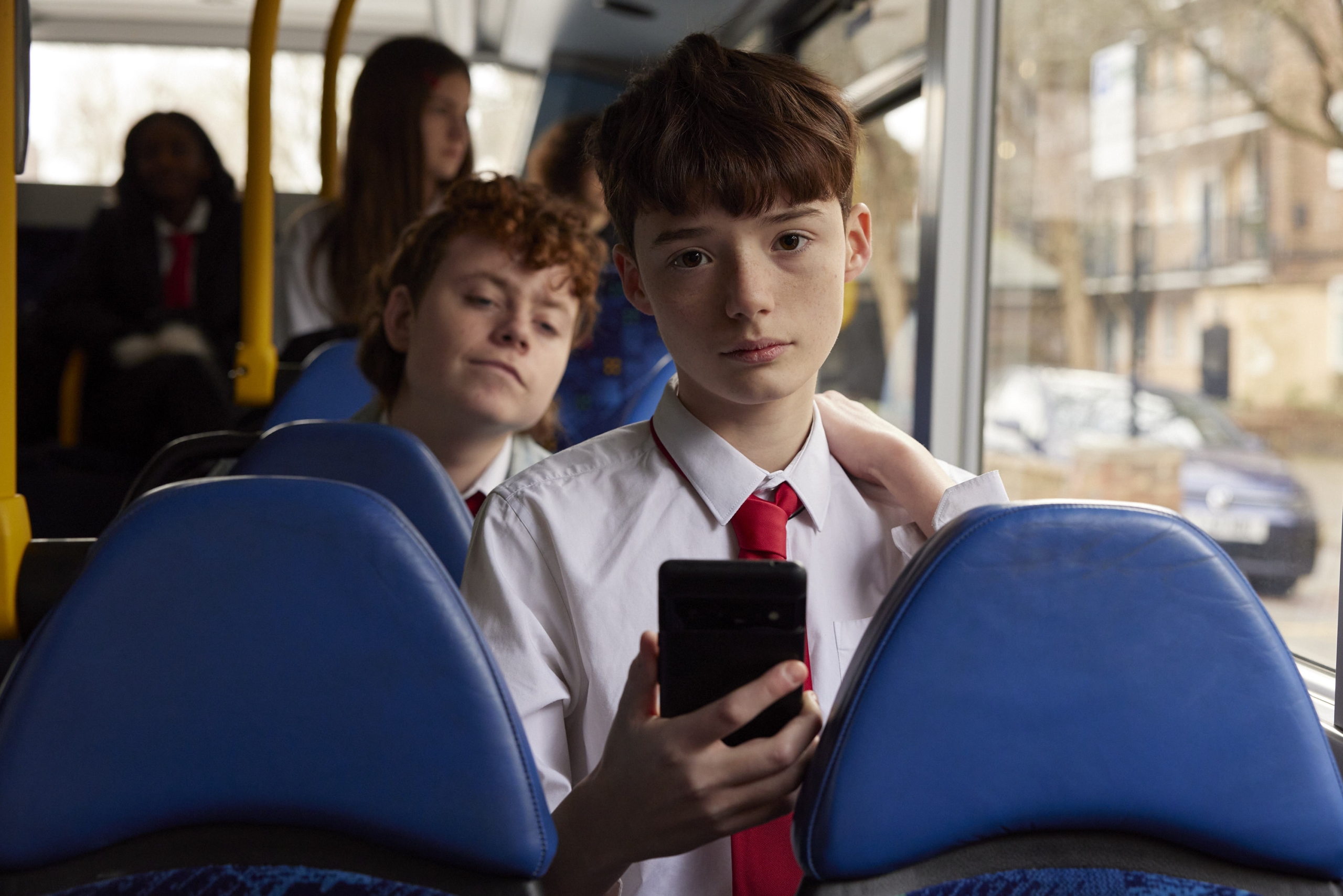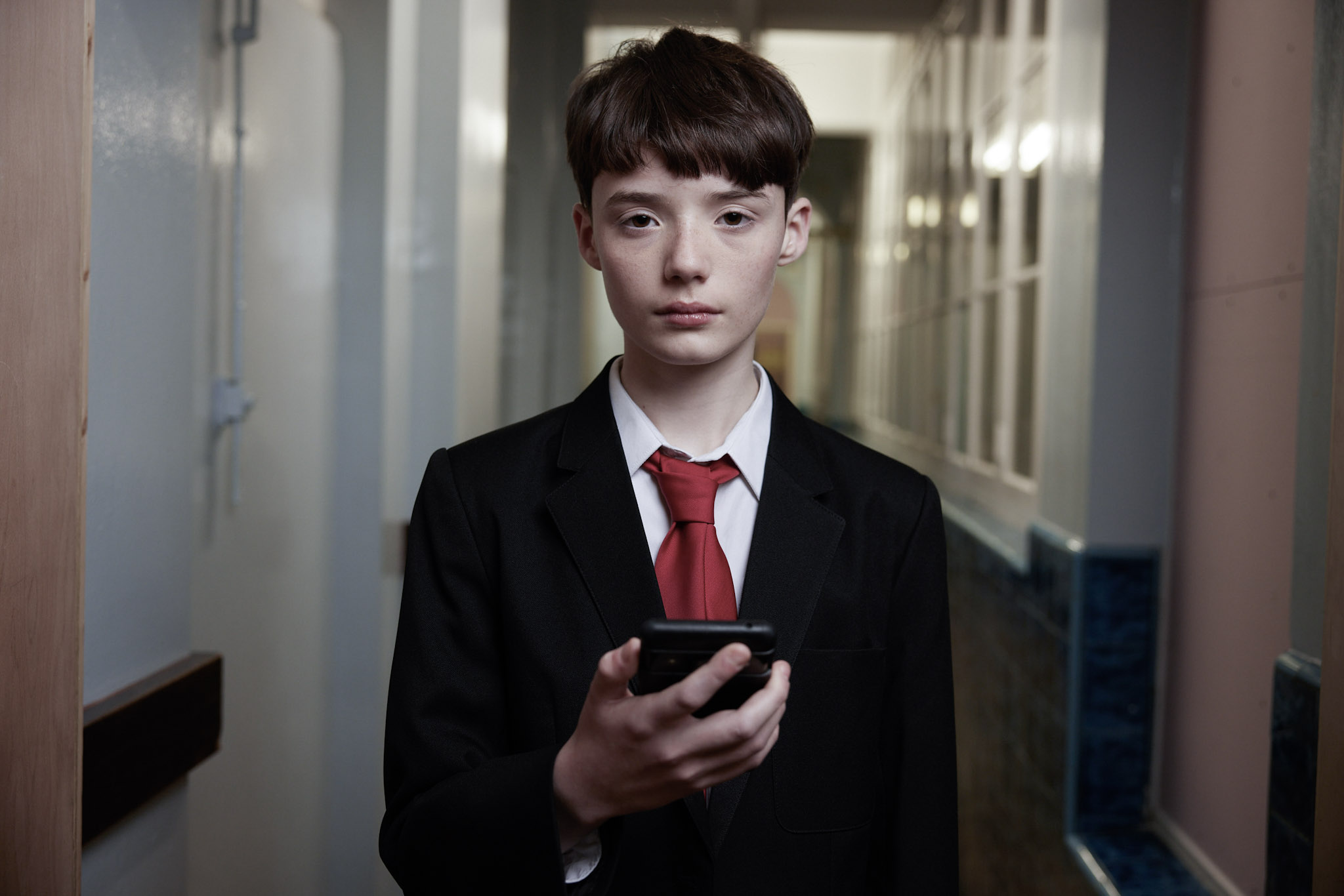As Vodafone UK launches Digital Parenting Pro, a content controls hub for parents and carers, Nicki Lyons, Chief Corporate Affairs & Sustainability Officer, reflects on how resources like this can protect kids from unsuitable content and help families have more informed conversations around online safety.
Parenting can be scary and overwhelming at the best of times, but now that we have the added worry about what our kids are watching and engaging with online, it’s a wonder we get any sleep at all.
My three teenagers – 14,16 and 18 – have grown up in a digital world, with the internet and search engines at their fingertips. This has been both a blessing and a curse from my point of view, and at times has left me feeling like the world’s worst mum! I’m sure I’m not alone in feeling this way.
Research we’ve commissioned finds that parents reckon their kids become more digitally savvy than them by the age of 12, using tech terms that are frankly baffling. And nearly two-thirds of parents wish they were more digitally literate.
This is one of the reasons why we’ve launched Digital Parenting Pro, our new content controls hub, in partnership with Digital Awareness UK and including top tips from the NSPCC. It equips parents and carers with all the information and tools they need to keep their children safe online, with direction on what parental controls and safety settings are available across the most popular apps, games and devices.
Tech Savvy Tweens: New research reveals kids’ digital knowledge surpasses their parents by the age of 12
On Safer Internet Day (SID) 2023, Vodafone launches Digital Parenting Pro, one of the biggest parental controls and safety settings resources in the UK, empowering parents to keep up with their kids and improve their own digital skills.
As a responsible business, we see taking action to keep young people and children safe online as fundamentally important, particularly as we put the internet into their hands through our devices and connectivity. It’s why we’ve run our Digital Parenting programme for more than a decade.
For younger children in particular, parental controls like this obviously make sense. We need to be able to protect them from unsuitable content, and that means educating ourselves and taking responsibility for what they see and do online.
Giving parents and carers greater digital skills through resources like Digital Parenting Pro is a key element in our everyone.connected campaign, which is dedicated to bridging the digital divide.
We need to talk
But I strongly believe that talking to our kids – whatever their age – is equally important, and I hope our Digital Parenting Pro hub helps parents and carers feel more confident about starting informed conversations.
Teaching your kids to question what they see online, on TV and in the papers
On Safer Internet Day, we give parents tips on how to protect kids against dodgy TikTok videos, Facebook conspiracy theories, fake news and unreliable social media influencers.
With big tech company algorithms feeding them content as much to provoke a reaction as to inform and entertain, it’s so easy to start searching for one thing and within a few clicks or taps be taken to somewhere completely different and unsuitable. This is undoubtedly worrying for a parent.
And if you click on content you hadn’t originally searched for, even by mistake, the algorithm relentlessly serves up similar content, thinking this is what you like and that these are your interests. Teens can quickly find themselves falling down a rabbit hole into a world of extreme content, misinformation, and badly informed and polarised opinions.
As Vodafone UK launches Digital Parenting Pro, a content controls hub for parents and carers, Nicki Lyons, Chief Corporate Affairs & Sustainability Officer, reflects on how resources like this can protect kids from unsuitable content and help families have more informed conversations around online safety.
The Andrew Tate phenomenon has vividly illustrated how such extreme views – misogyny and hate speech – can brainwash impressionable teenage boys.
So I encourage my kids to discuss everything, to argue and debate, and challenge what they see and read. Views can be highly polarised – and polarising – on social media, and you can be ripped to shreds if you dare to say the “wrong” thing.
But life isn’t like that, reality is nuanced, and there can be many equally valid opinions around any complex topic. So we parents have an education job to do, teaching our kids to question, assess sources of information, and remain open-minded in this digital world.
As Vodafone UK launches Digital Parenting Pro, a content controls hub for parents and carers, Nicki Lyons, Chief Corporate Affairs & Sustainability Officer, reflects on how resources like this can protect kids from unsuitable content and help families have more informed conversations around online safety.
Trust and self-reliance
In these days of smartphones, we can’t possibly monitor everything they see or talk about online. Even if we’ve put content controls in place, we can’t know what their friends are showing them on the way to school. And as our kids grow up, it’s not right for us to monitor everything they do anyway – they have a right to privacy, too.
At some point, we have to let them take the night bus home from a party. Yes, we can find out about the route and make sure they’re not travelling alone, but we have to teach self-reliance. It’s the same with the internet.
And let’s not forget that the internet is also an amazing place to learn new things, meet new people, and broaden our horizons. I love the fact that my 14-year-old daughter was inspired by some of her school friends to explore vegetarianism or begin finding out about threats to women’s rights in the US and elsewhere. It sparked some healthy – and heated – debates around the dinner table in our house!
Anti-bullying: The online pile-ons for good
Meet the teens who are using peer pressure online for good, showing that allyship and advocacy are just as important in our virtual social lives as they are in real life.
During the pandemic lockdowns, social media helped my kids socialise and feel less isolated. Online gaming helped my son interact with his peers and feel connected. The internet has made the world a much smaller place and has enriched our lives in so many ways.
We just need the tools to navigate this exciting digital world safely and confidently. So I hope parents and carers enjoy using our Digital Parenting Pro hub, to protect little ones from unsuitable content, yes, but also to empower themselves to engage in non-judgmental conversations with kids of all ages across the UK.
#TogetherWeCan
Stay up-to-date with the latest news and features from Vodafone by following us on Twitter and signing up for News Centre website notifications.

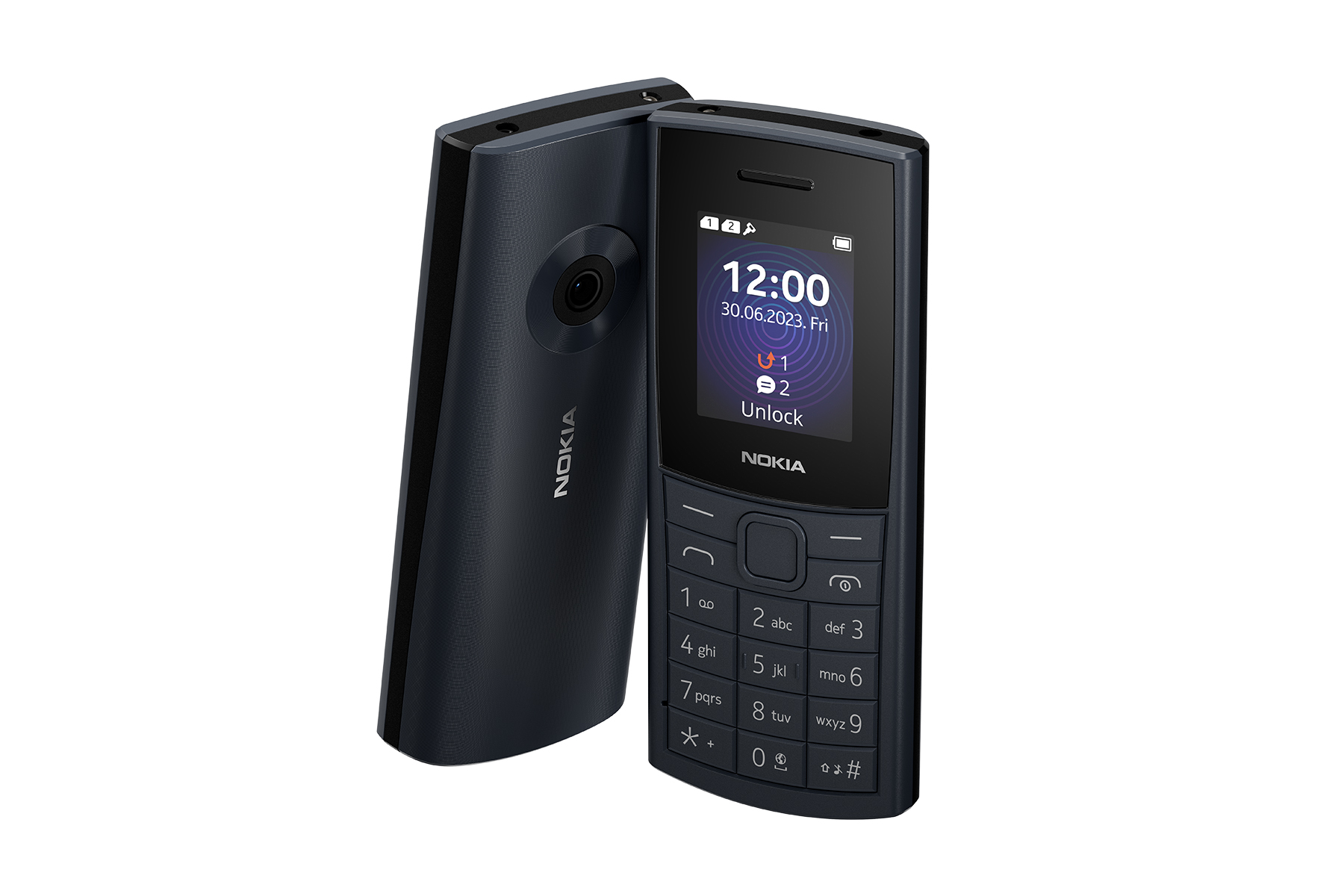

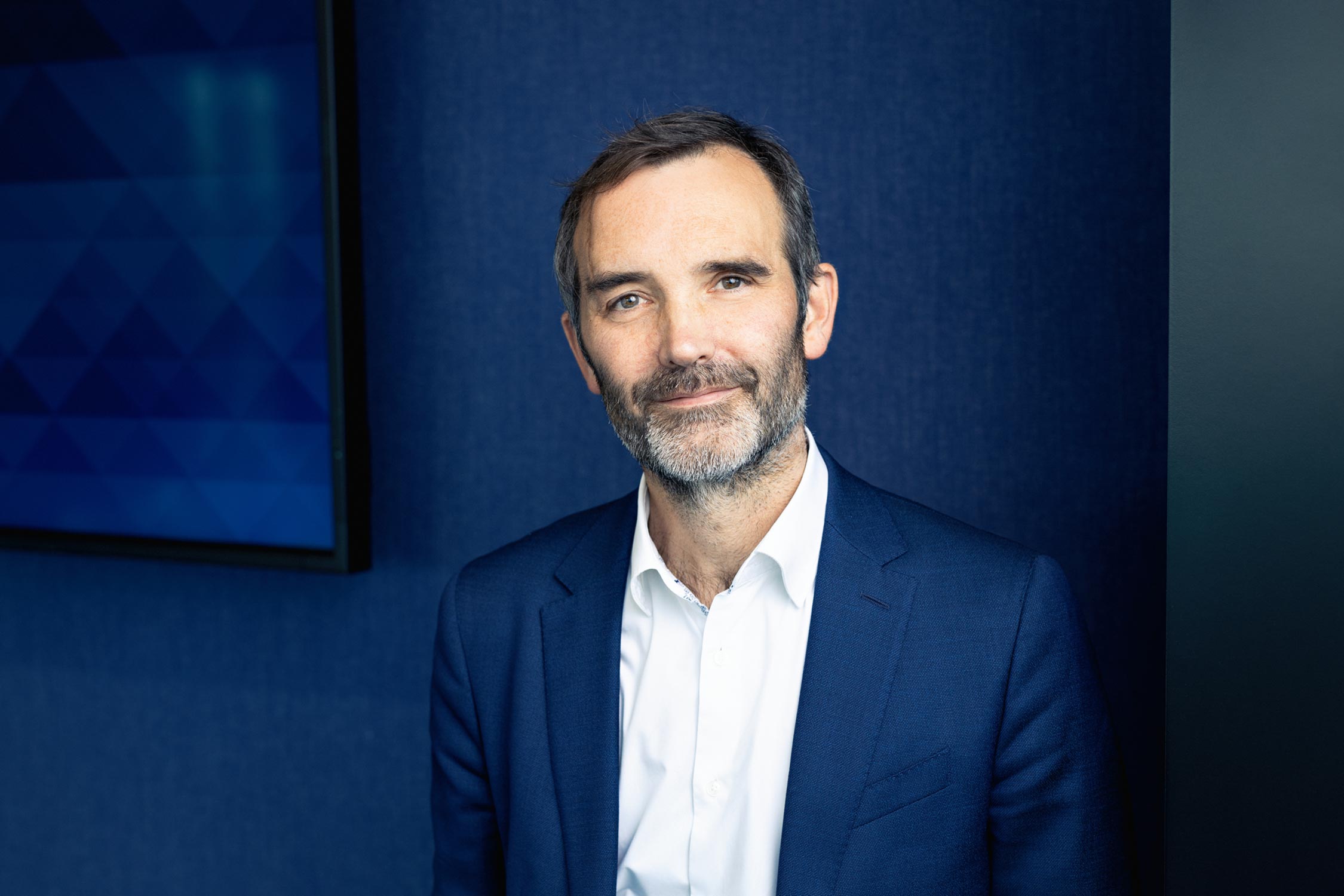
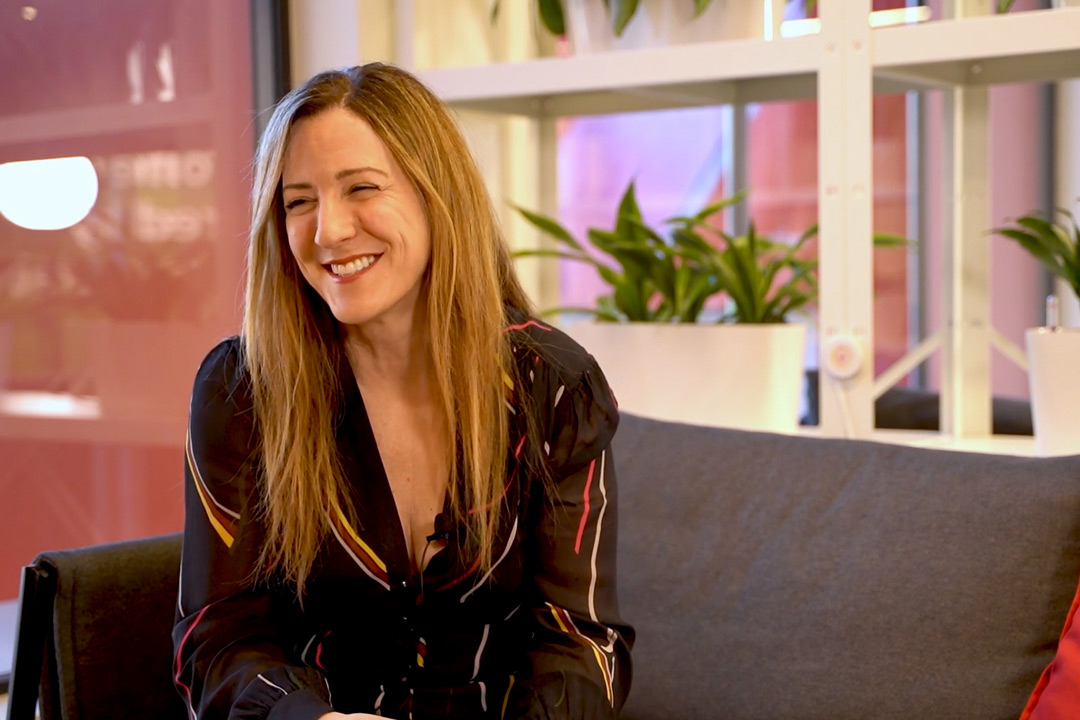
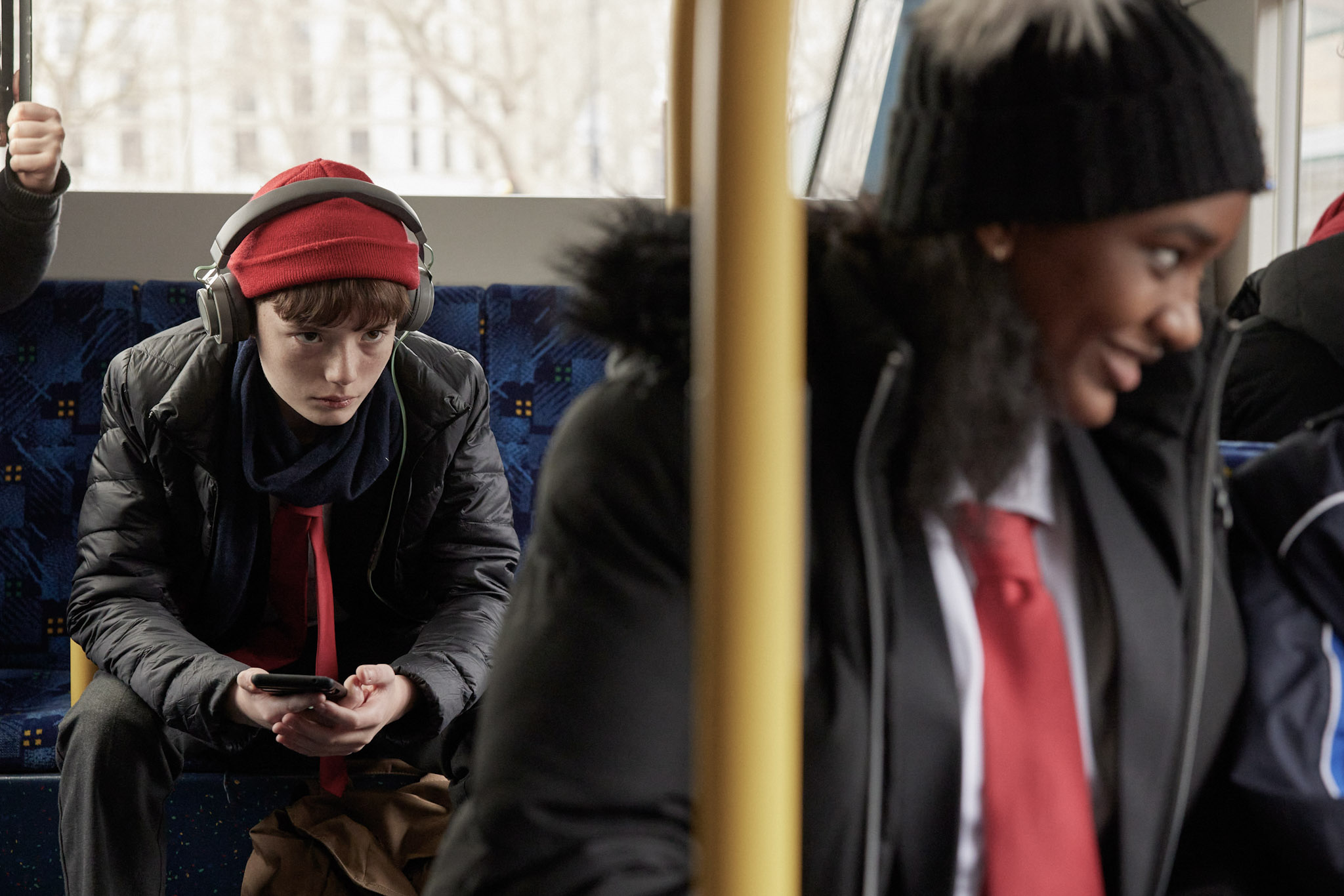
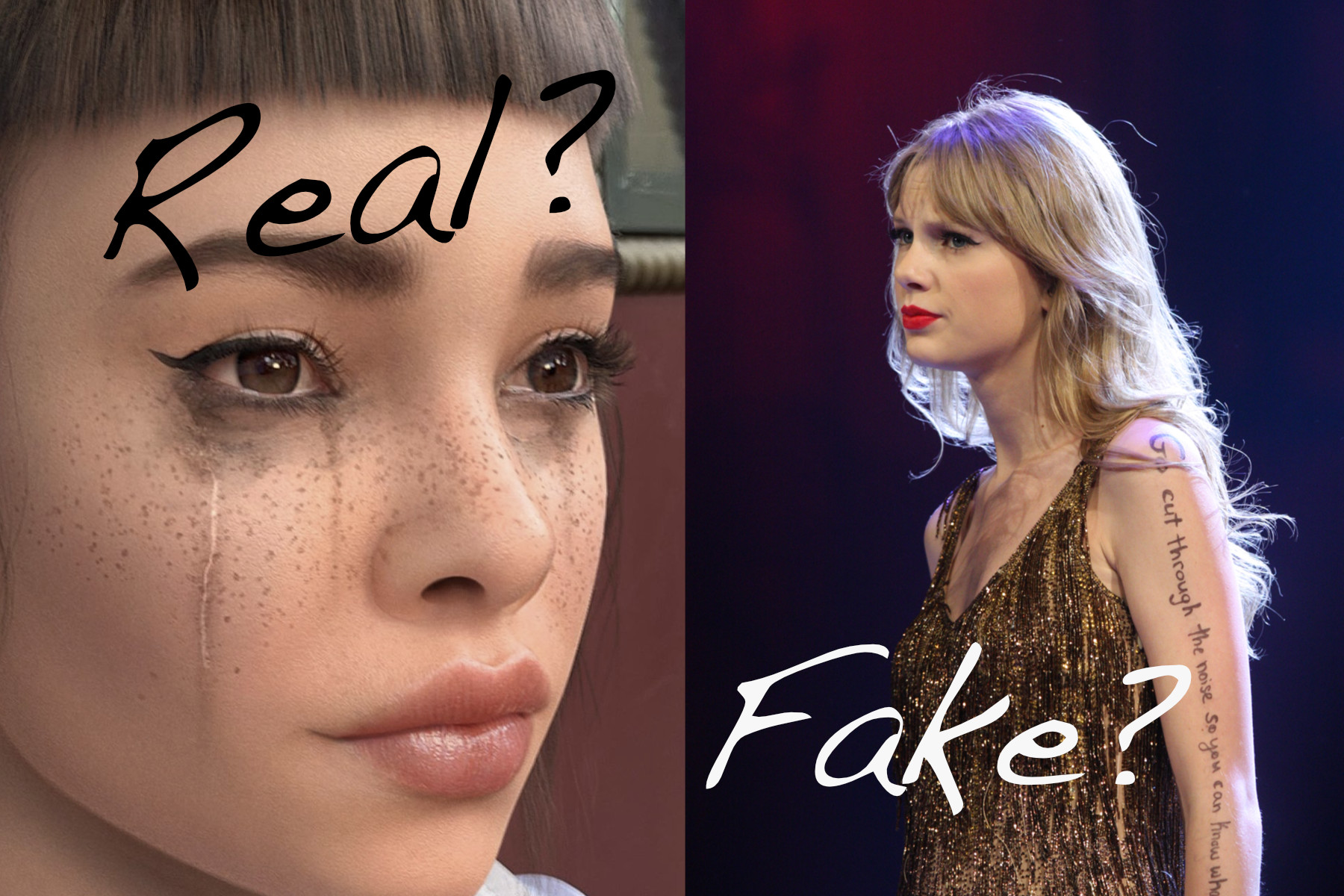
![mother with daughter with smartphone in snowy weather [Adobe Stock] stock photo of a mother outside in snowy weather with her daughter while using a smartphone](https://www.vodafone.co.uk/newscentre/app/uploads/2024/02/mother-with-daughter-with-smartphone-in-snowy-weather-Adobe-Stock.jpg)
